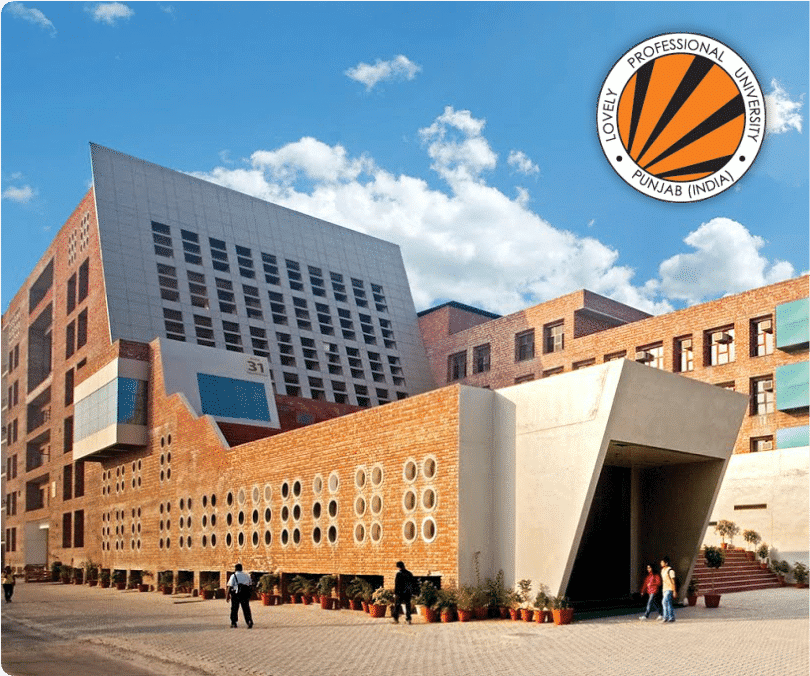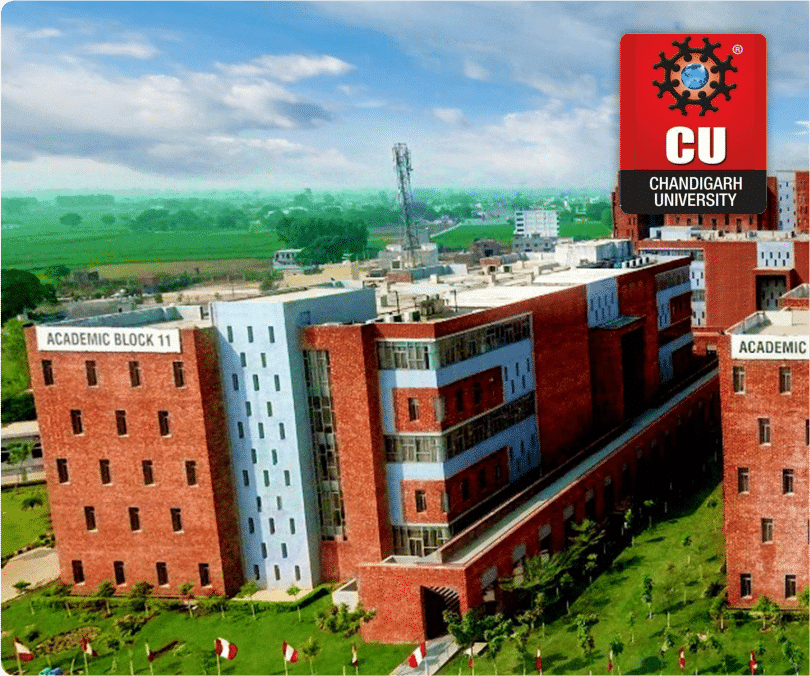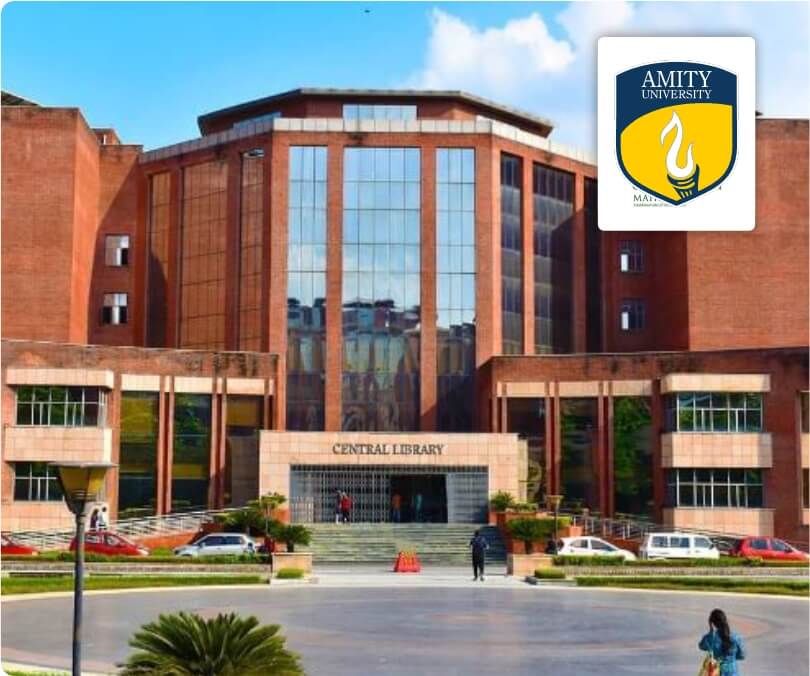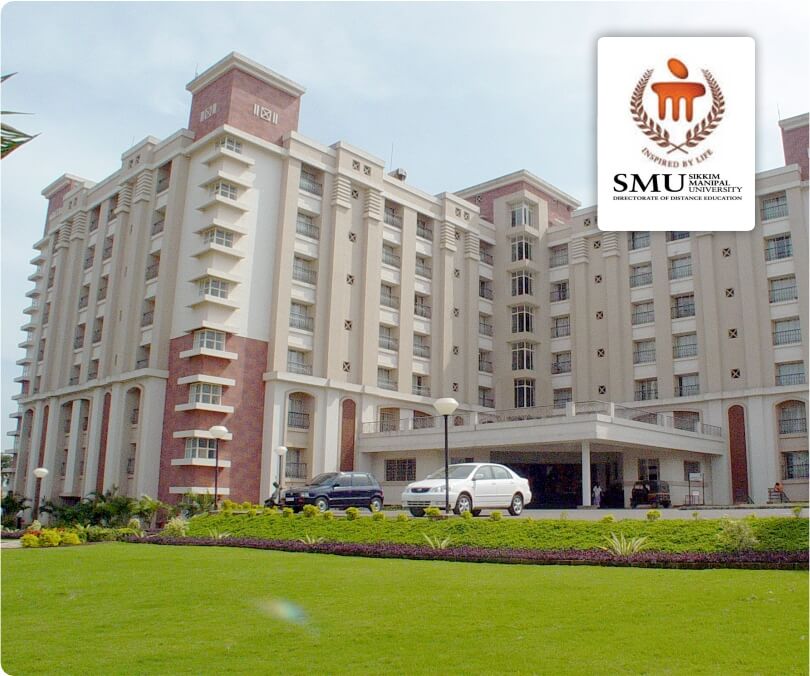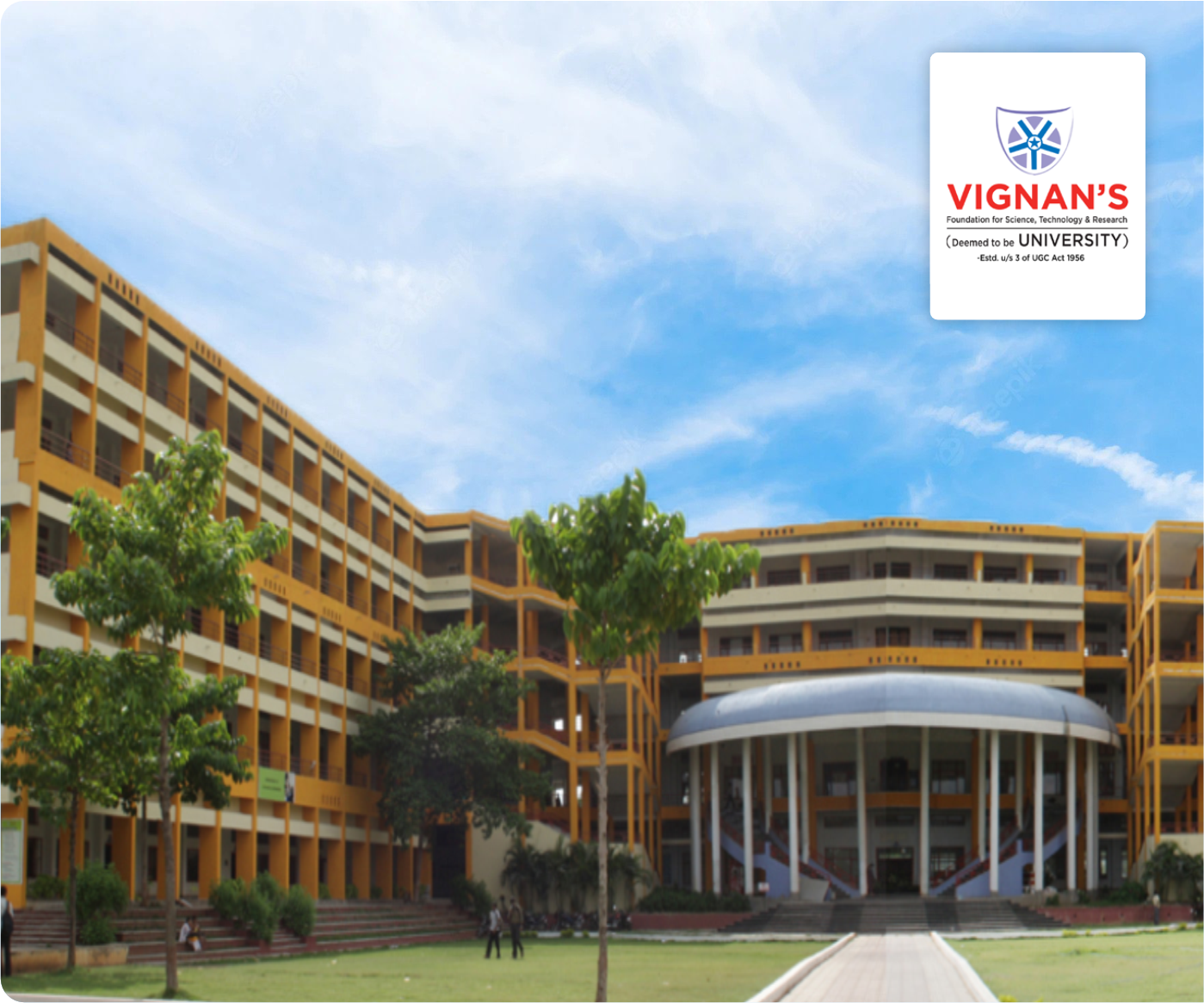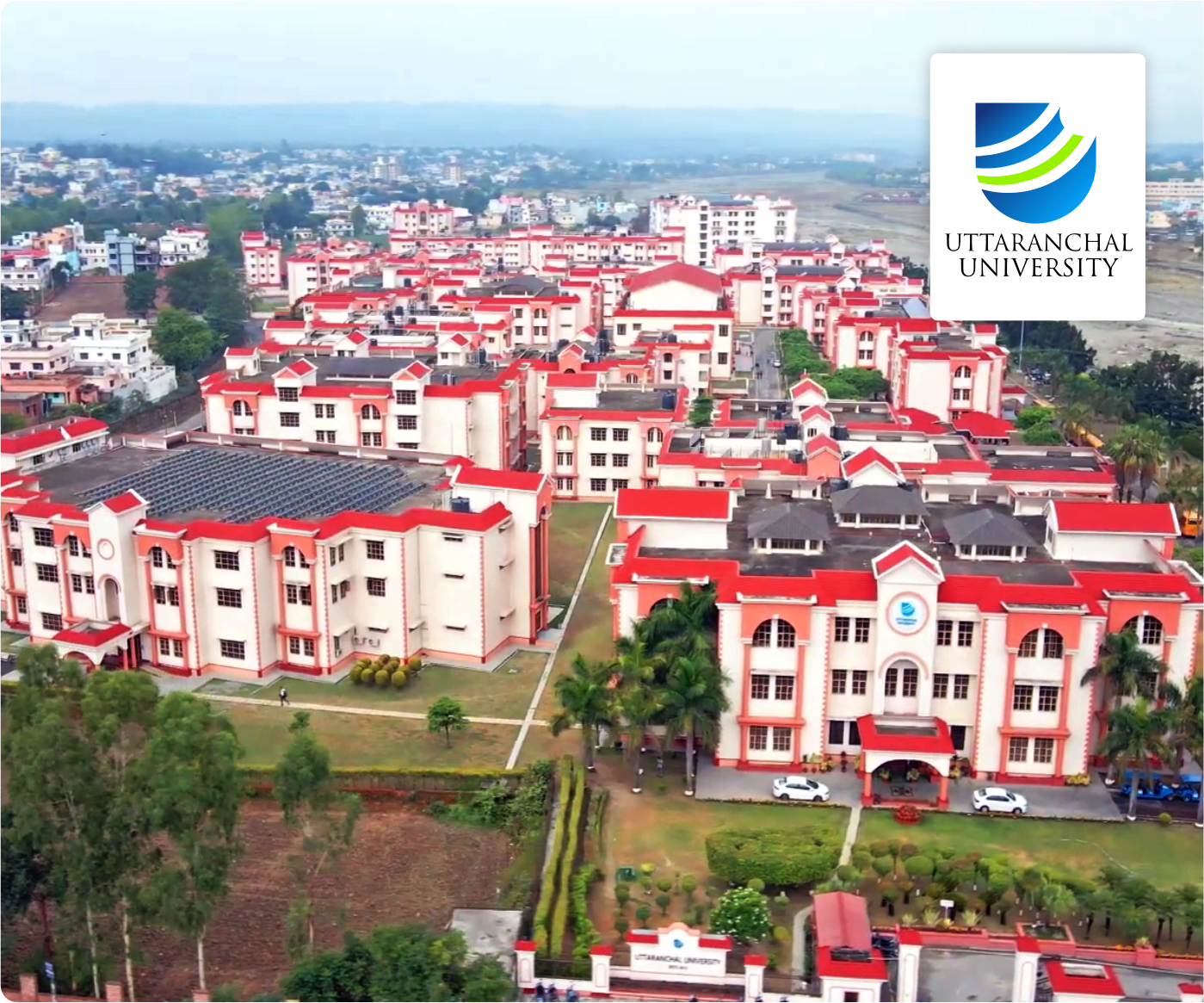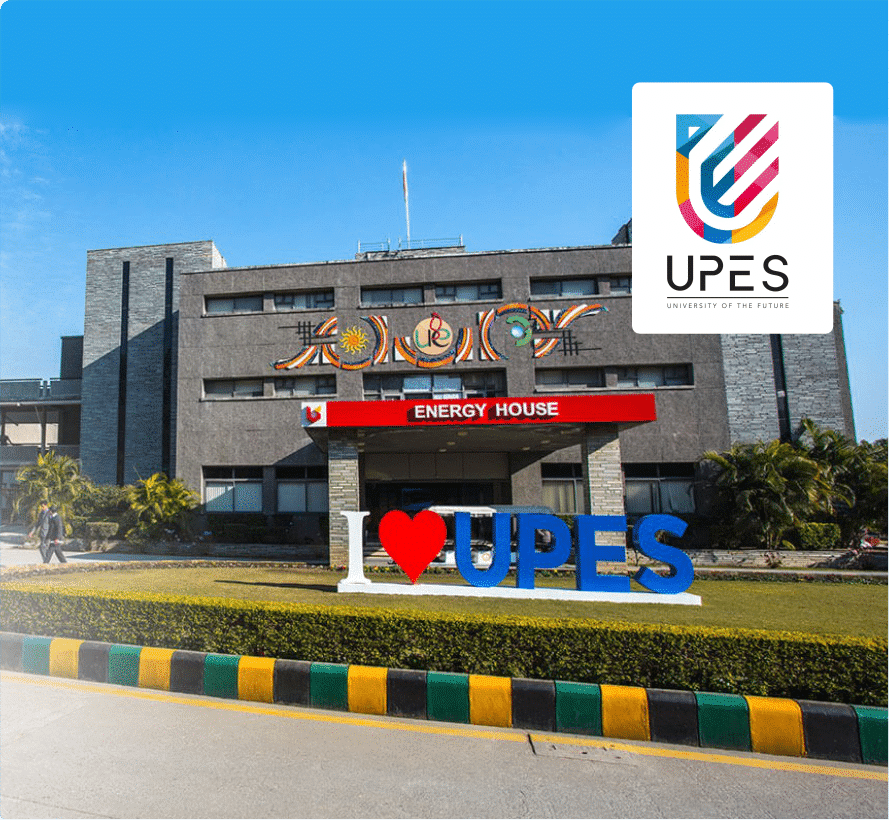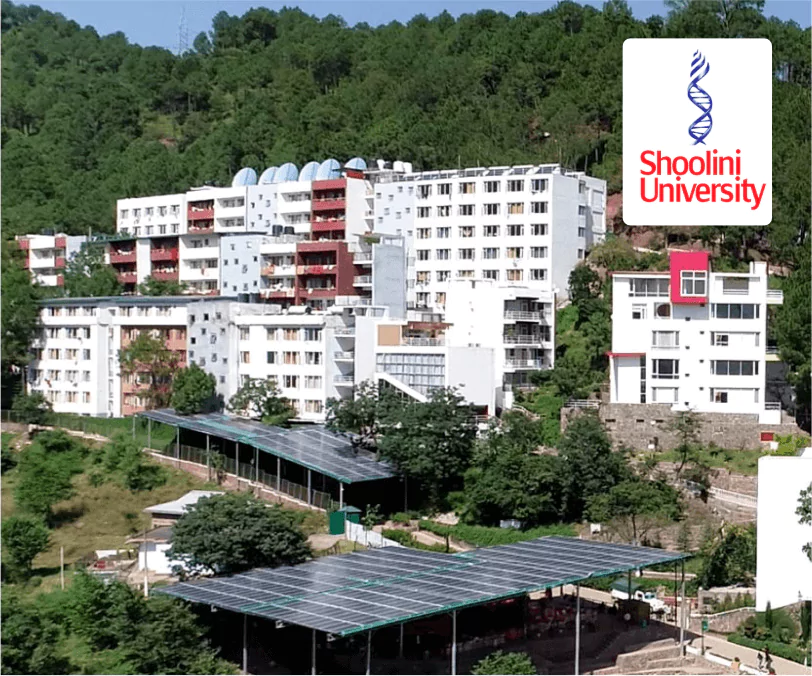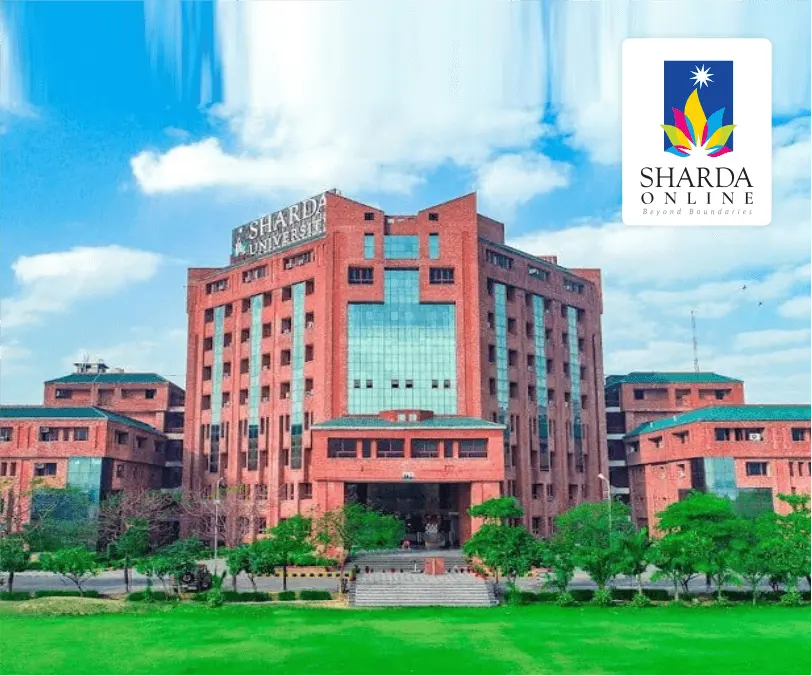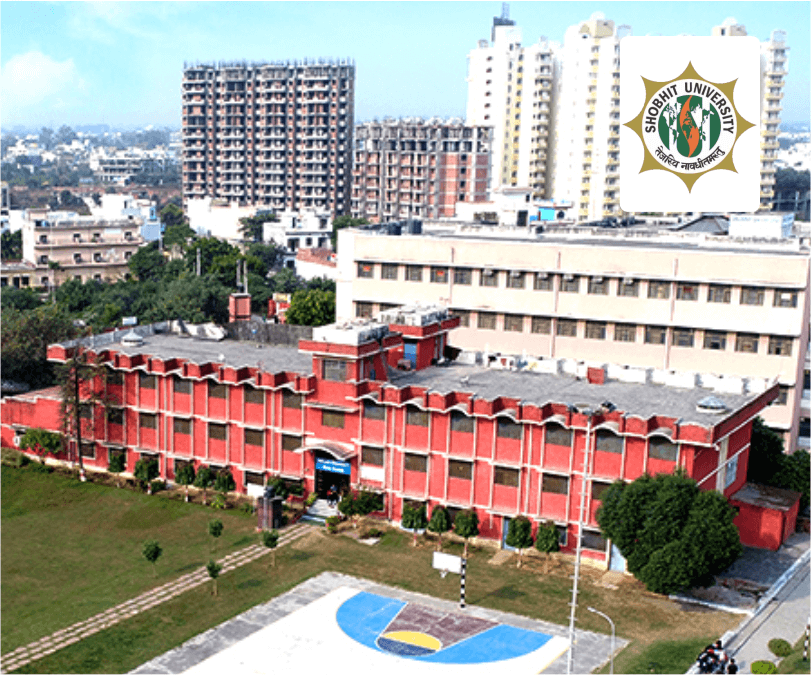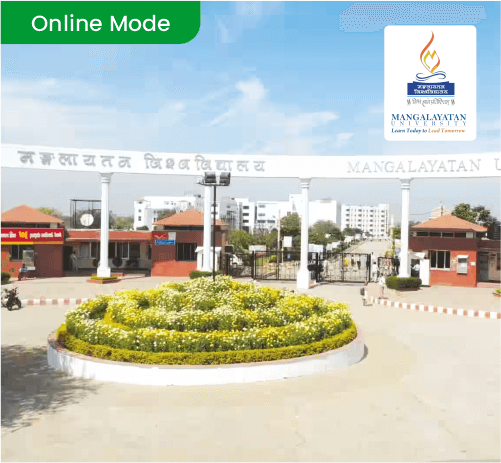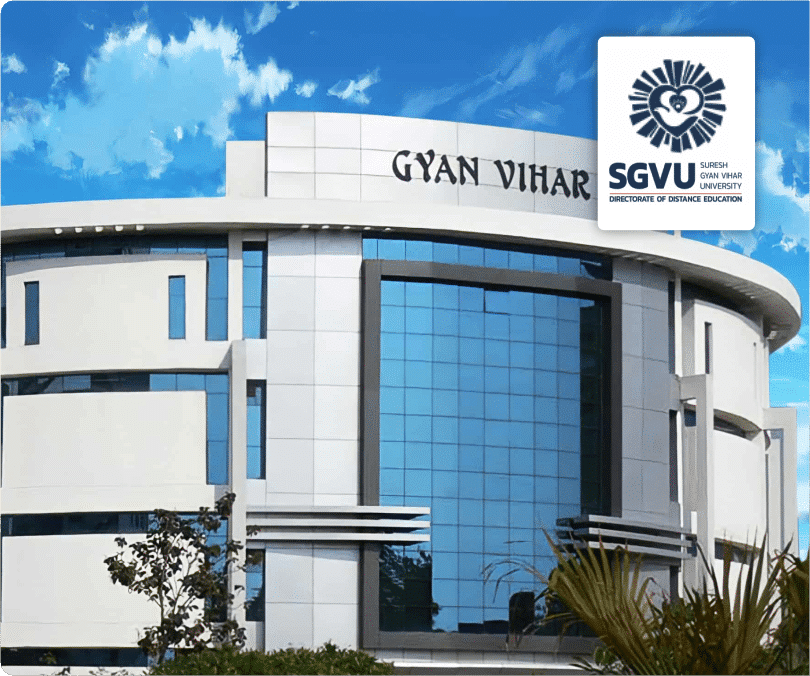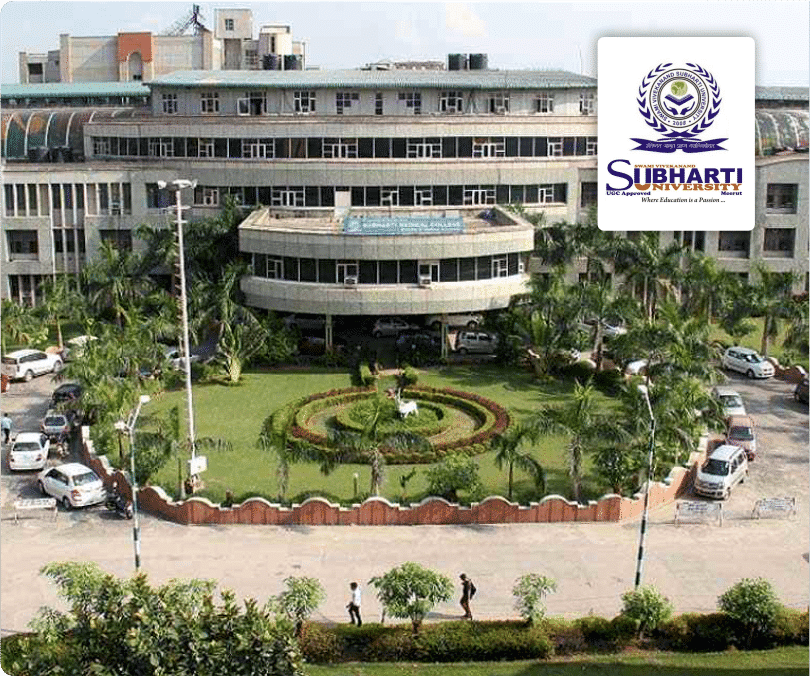
Online MSc Course vs On-Campus MSc: Key Differences in Cost and Flexibility
Online MSc Course and on-campus MSc course are the two course ideas that first puzzle many students when they decide to advance their academic pursuits through an MSc degree program. While both the options are great for developing your education and career, they however include some notable differences, particularly with regards to the amount of money as well as time you will be investing.
In this blog, we will discuss those points so as to assist your final decision in which option you would like to go for.
Online/Distance MBA Universities In Other Cities
What is Online MSc Course
An Online MSc course is not something new rather it is a Master Level fully program available online. The duration of an online MSc course for many universities is 2 years. Instead of going to campus, students watch lectures and videos while working on assignments via Classroom. It is flexible so for people working or in need of studying at home, it is perfect. Also, online students do not have to spend as much money compared to students who are studying on the campus. They are excellent for those who do not want to live in a new place but wish to continue their higher education.
What is On Campus MSc Course
The On Campus MSc Course can be described as a two-year graduate study program in which students physically attend classes as held at college premises making it a traditional form of education. It comes with organized classes, work submissions and evaluation tests. With this program, students can interact with their instructors and fellow students directly. The campus is also equipped with different facilities, for example, libraries and laboratories. The courses in this way provide numerous opportunities for networking, working, and other extracurriculars. This mode of education is most suitable for individuals that prefer face-to-face interactions and practical exposure.
Overview of Key differences between Online Courses and On Campus MSc Courses
This Table gives an overview of the main differences between online courses and on-campus MSc courses. If you understand these differences, you can easily decide which option is better for you.
| Feature | Online MSc Course | On-Campus MSc Course |
|---|---|---|
| Mode of Study | Entirely online through digital platforms | In-person classes at a university campus |
| Flexibility | High; study at your own pace and schedule | Fixed schedule with set class timings |
| Duration | 2 years | 2 years |
| Cost | Generally ₹1-3 Lakh | ₹3-10 Lakh or more, depending on the university |
| UGC Recognition | Ensure the course is UGC-approved before enrolling | Usually UGC-approved for recognized universities |
| Interaction | Limited to virtual interactions like video calls or forums | Face-to-face interactions with peers and professors |
| Location Requirement | Can be done from any location with internet access | Requires relocating or commuting to the campus |
| Career Options | Suitable for working professionals or remote job opportunities | Broader networking opportunities and access to campus placement |
| Salary Packages (LPA) | ₹4-10 LPA, depending on the field and skills | ₹6-15 LPA, with higher potential for top institutes |
| Top Universities | IGNOU, Amity Online | Delhi University, LPU, Amity University |
Detailed Explanation of Key Differences in Cost and Flexibility of Both Courses
This part will examine cost and flexibility of both online MSc courses and that of Physical or On-campus MSc courses. These differences will help you make the best choices for your studies as a student.
Cost Comparison
Tuition Fees:
On-Campus MSc: Higher costs as it includes costs of maintaining physical facilities such as classrooms, libraries, and labs: hence facilities are costly.
Online MSc: Minimal costs as infrastructural costs in terms of physical structure are eliminated.
Additional Costs:
On-Campus MSc: This includes the cost of rent, transport charges, food and other basic costs which may differ a lot based on the university’s geographical location.
Online MSc: Students do not have to shift to new places & they are not required to travel to classes on a daily basis. This assists students in cutting costs on extra payments.
Online Course Advantage:
Cost-Effective: Suitable for students who are wishing to cut on the costs of their studies by not moving to new places and not adding on extra costs of living.
Financial Aid and Scholarships:
While both modes have scholarships and financial aid, it can be offered in varying levels but both modes have them.
Flexibility of Learning
- Class Timings
On-campus MSc: Specific attracts students to online class, since they take up the lectures online at flexible times and dates which would be suitable to their schedule. This is most suitable to working professionals or any other commitments.
On-Campus MSc: The requirement to attend sessions in a certain timeframe makes it less flexible as it needs students to be present at the institute at specific times.
- Geographical Constraints:
Online MSc: Removes the need of moving as it enables students to learn from any corner of the world provided that there’s internet access.
On-Campus MSc: This mode of learning indicates that students have to be present at the institution, thus, it often requires people to move or travel for quite a distance.
- Balance Between Work And Studies:
Online MSc: It enables a student to manage their work with their education, family, or anything else, henceforth minimizes wastage of time.
On-Campus MSc: Fixed schedules may interfere in the proper coordination between academics and personal life of the pupils.
Career Options After On Campus and Online MSc Course
Some of the most promising pathways after completing an online MSc course and a campus MSc course are as follows:-
Data Scientist: As a data scientist, the professional has to deal with enormous data sets in order to solve a problem or identify trends. Additionally, it comprises the utilization of specialist tools and computer programs in order to analyze the information and assist firms in making logical decisions. Such as forecasting what the customers would buy in terms of next product.
Research Scientist: The research scientist generates brand new ideas and addresses issues through experiments. In order to develop new medicines, technologies, or scientific ideas, they are employed in laboratories or universities. Their work assists in the development of healthcare and energy technologies.
Machine Learning Engineer: A machine learning engineer’s job is to develop machines that have the ability to learn and take decisions on their own. They also intervened in stimulating initiatives such as chatbots, facial recognition, and self-driving cars. The overriding concern is to develop machines that are smarter and more efficient.
Biotechnologist: A biotechnologist specializes in using science to improve living organisms, including plants, and medicine. Better crops can be produced, vaccines developed, and environmentally friendly substances produced. Hence Their work leads to enhancements regarding health, food, and the planet itself.
Environmental Scientist: An environmental scientist’s primary focus is on the effective usage and conservation of the environment. They engage in activities such as the collection of water samples, the assessment of pollution levels, or the examination of contaminated environments. Their activity is useful for the environmental wellbeing of the globe.
Pharmaceutical Scientist: The primary responsibilities of a pharmaceutical scientist include researching how to develop new medicines for the treatment of various ailments. They also test drugs for their effectiveness and possible side effects before they are administered to patients. Their work is basic in coming up with improved management for several ailments.
Financial Analyst: With the help of a qualified financial analyst, firms or individuals get considerable advice on the allocation of funds. They watch the behavior of the economy, assess the return of projects and give counsel on the best place to invest. Their purpose is to enhance the financial situation of other persons.
Top Online MSc Universities in India
In case you are looking to pursue an MSc online course, it is essential to find a reputed university. There are plenty of universities in India which have good online MSc courses. In order to assist you in your decision, given below is a list of the best MSc online universities in India.
| University | Fees (INR) |
|---|---|
| Jain Online | 22,500/- Per Semester |
| LPU Online | 18,000/- Per Semester |
| Chandigarh University | 25,000/- Per Semester |
| Sikkim Manipal University | 18,750/- Per Semester |
| VGU Online | 16,500/- Per Semester |
| Mangalayatan University Online | 12,000/- Per Semester |
Top Regular MSc Universities in India
Here are some of the best regular MSc universities in India. Such universities provide quality education and adequate facilities to the learners. Selecting the appropriate university is essential for benefiting from your studies and advancing your career.
| University Name | Course Fees (Approx.) |
|---|---|
| University of Delhi | ₹30,000 - ₹40,000 |
| Jawaharlal Nehru University (JNU) | ₹20,000 - ₹35,000 |
| Banaras Hindu University (BHU) | ₹15,000 - ₹30,000 |
| University of Mumbai | ₹25,000 - ₹40,000 |
| Amity University | ₹160,000 to ₹330,000 |
| Lovely Professional University (LPU) | ₹60,000 - ₹480,000 |
Final Thoughts
Whether to pursue an MSc online or on campus MSc course is more a question of the requirements of the individual. It as well rests on the requirement of affordability and aspirations. An online MSc appears to suit you best if you want flexibility, lower costs and the possibility to study from anywhere in the world. On the contrary, an MSc done at campus may suit you more if you prefer to have contact with people face to face and like to have a timetable to follow and opportunities for networking and socialization. Both options provide valuable learning experiences. They are likely to assist you to get to your profession objectives. The main point is to ask yourself what you want. Select the course that is in line with your budget and the other targets you set.
Most Popular Blogs

Online BCA Courses in Jain University Online

Distance Education at Pondicherry University

Top 4 colleges to pursue Distance BBA in Andhra Pradesh

What are the top distance BSc colleges in Kerala

Know about the top 3 distance BCom universities in Madhya Pradesh

Which are the top UGC-DEB-approved colleges for Distance BA in Kerala
Top Distance Universities
Here are some of the best regular MSc universities in India. Such universities provide quality education and adequate facilities to the learners. Selecting the appropriate university is essential for benefiting from your studies and advancing your career.


